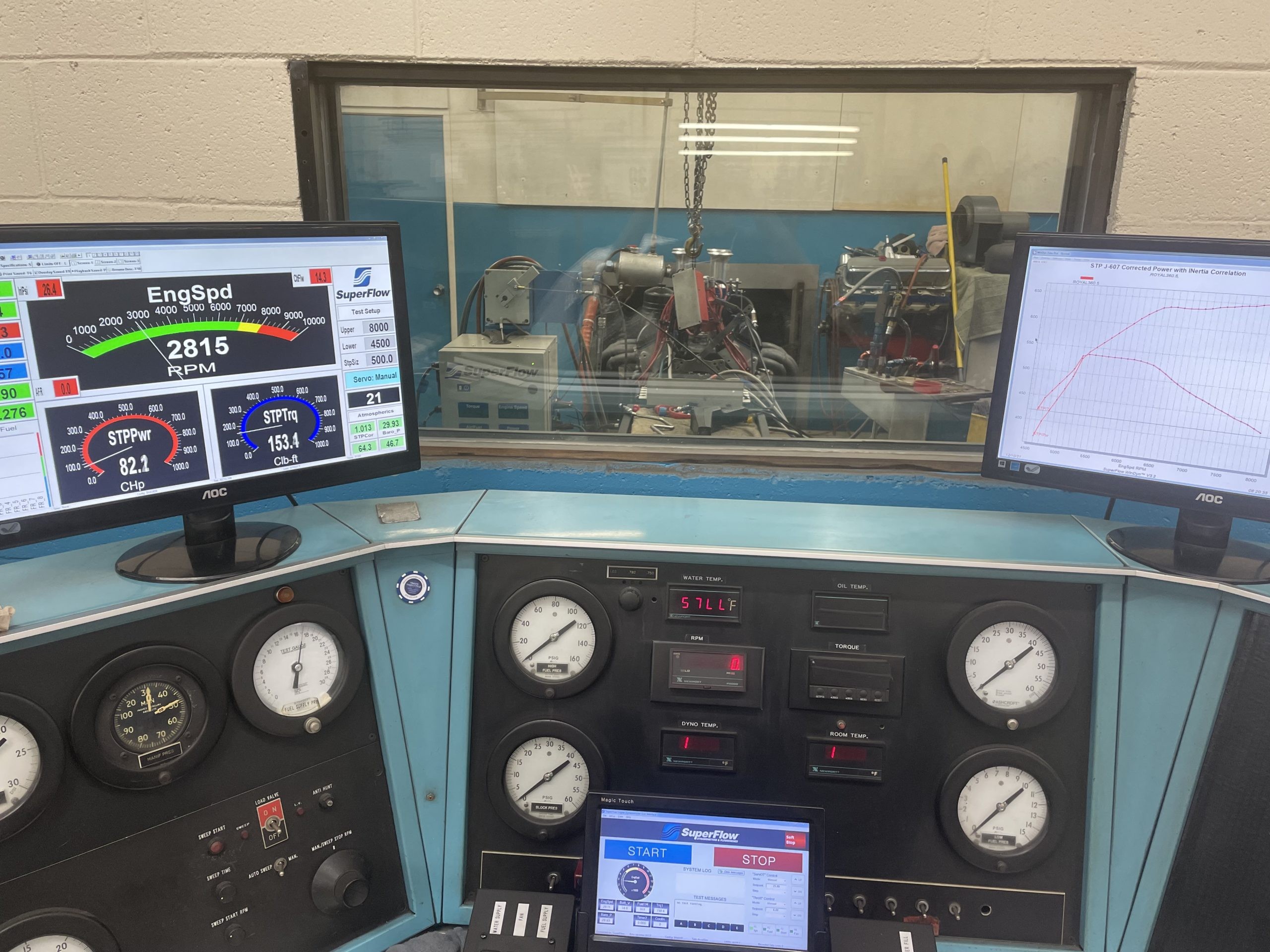Tuning a sprint car engine for optimal performance is a complex process that requires a deep understanding of various factors, including compression ratio, ignition timing, spark plugs, fuel mixture, and even weather conditions. This guide delves into the intricacies of tuning alcohol-burning sprint car engines, specifically focusing on methanol-powered 360 and 410 engines commonly used in sprint car racing.
Understanding the Fundamentals of Sprint Car Engine Tuning
Unlike gasoline engines, methanol-fueled sprint car engines can tolerate significantly higher compression ratios. This allows for increased power output but demands careful consideration of ignition timing and spark plug selection. The high compression ratios, reaching 14.5:1 in 360 engines and up to 17:1 in 410 engines, push the boundaries of combustion efficiency. These ratios are significantly higher than gasoline engines and approach those of diesel engines, where compression alone ignites the fuel.
Mastering Ignition Timing for Optimal Performance
Ignition timing plays a critical role in extracting maximum power from a sprint car engine. The goal is to ignite the fuel mixture slightly before the piston reaches top dead center, allowing the expanding gases to exert maximum force on the piston during the power stroke. Finding the optimal timing requires careful observation on a dyno, gradually increasing timing until peak torque is reached, and then backing off slightly to avoid detonation. This process involves monitoring engine temperature and torque output to ensure safe and efficient combustion. Experienced tuners like Ron Shaver, a Sprint Car Hall of Fame inductee, have developed techniques to fine-tune timing for maximum power and reliability.
Selecting the Right Spark Plugs for Methanol-Fueled Engines
Spark plugs are essential components in the ignition system, providing the spark that ignites the fuel-air mixture. Choosing the correct heat range is crucial for preventing pre-ignition and ensuring reliable performance. In methanol-fueled sprint car engines, hotter plugs are often preferred due to the higher compression ratios and the cooling effect of methanol. The heat range of a spark plug is determined by the length and material of the insulator tip, which affects how quickly heat is transferred away from the electrode. A difference in heat range can significantly impact engine performance, acting like a change in ignition timing.
Optimizing Fuel Mixture for Power and Reliability
Achieving the ideal fuel-air mixture is crucial for both power and engine longevity. Methanol requires approximately twice the fuel volume compared to gasoline to produce the same power output. This allows for a wider margin of error in fuel mixture, making methanol engines more forgiving to slight variations. However, precise fuel metering is still necessary for optimal performance. Brake Specific Fuel Consumption (BSFC), measured in pounds of fuel per horsepower per hour, is a key metric used to assess fuel efficiency and identify the ideal fuel mixture.
Adapting to Weather Conditions for Consistent Performance
Unlike modern EFI systems, the constant flow fuel injection systems used in sprint cars lack the ability to automatically compensate for changing weather conditions. Temperature, humidity, and atmospheric pressure all affect air density and, consequently, the ideal fuel mixture. Sprint car teams often rely on portable weather stations to measure these variables and make manual adjustments to the fuel system based on pre-determined fuel charts.
Conclusion
Tuning a sprint car engine is a demanding task that requires specialized knowledge and meticulous attention to detail. By understanding the interplay between compression ratio, ignition timing, spark plug selection, fuel mixture, and weather conditions, tuners can unlock the full potential of these high-performance engines. Continuous monitoring and adjustments are essential for maintaining optimal performance and ensuring engine reliability on the racetrack. The insights shared in this guide provide a foundation for understanding the complexities of Tuning Sprint Car Engines and achieving winning results.

